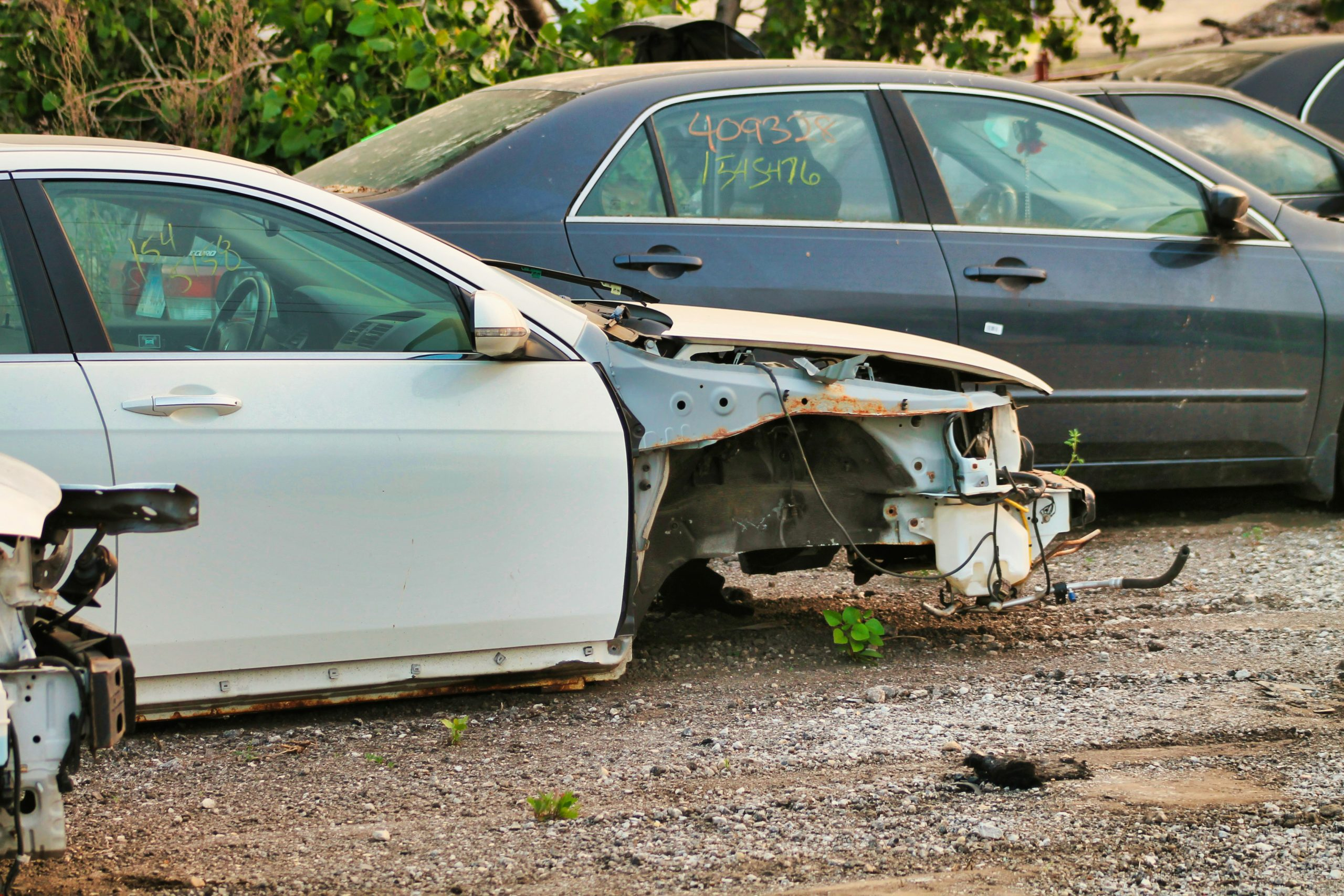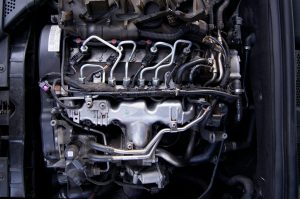The Challenge of Ensuring Vehicle Reliability
Welcome to the age of technology and innovation, where the roads are filled with cars that are smarter, faster, and more efficient than ever before. While these advancements have greatly improved our driving experience, they have also brought about new challenges, one of which is ensuring vehicle reliability. In today’s fast-paced world, where people rely heavily on their cars for daily commute and transportation, the need for reliable vehicles is at an all-time high. This article will delve into the challenges faced in ensuring vehicle reliability and how it is crucial for a smooth and hassle-free driving experience.
The Constantly Evolving Automotive Industry
The automotive industry has come a long way since the first mass-produced vehicles hit the roads in the late 19th century. With advancements in technology, vehicles have become much more than just a means of transportation. They are equipped with cutting-edge features such as advanced safety systems, advanced driver assistance systems, and even self-driving capabilities. However, with these features come intricacies and complexities, and ensuring the reliability of these highly advanced vehicles has become a daunting task.
The Role of Automotive Manufacturers
Automotive manufacturers play a pivotal role in ensuring the reliability of vehicles. From conducting rigorous testing and quality checks during the production process to providing aftersales services, they are responsible for every aspect of a car’s reliability. However, with the growing demand for advanced and more complex vehicles, manufacturers face the challenge of meeting consumer expectations while adhering to regulatory standards and guidelines.
High-Quality Materials and Components
One of the key factors that contribute to the reliability of a vehicle is the quality of materials and components used. As technology evolves, vehicles are made up of more and more electronic components, which can be susceptible to malfunctions if not of high quality. Manufacturers must ensure that they source the best components and materials for their vehicles to meet the high standards and withstand the rigors of everyday use.
Continuous Innovation and R&D
The ever-evolving automotive industry calls for continuous innovation and research and development (R&D). Manufacturers must constantly improve their processes and technologies to keep up with changing consumer demands and regulations. This can be a challenging task as R&D is time-consuming and expensive, but it is crucial to ensure the reliability of vehicles and stay ahead in a highly competitive market.
Training and Skilled Workforce
With the advent of advanced technology, the automotive industry also needs a workforce that is skilled and well-trained to handle the production and maintenance of these vehicles. It is imperative for manufacturers to provide regular training to their employees to equip them with the necessary skills and knowledge to keep up with the constantly evolving industry. This will not only ensure the reliable production of vehicles but also provide better aftersales services to customers.
The Role of the Driver
While automotive manufacturers play a significant role in ensuring vehicle reliability, drivers also have a critical role to play. Negligence and improper driving habits can significantly affect a car’s performance and reliability. Regular maintenance and following safe driving practices are crucial in keeping a vehicle in top-notch condition. Educating drivers about their vehicle’s features and how to use them correctly is also crucial in ensuring the reliability of the vehicle.
The Future of Vehicle Reliability
As we move towards a future of electric and autonomous vehicles, the challenges in ensuring vehicle reliability are only going to increase. Electric vehicles rely heavily on battery and charging technology, and it is crucial to ensure their reliability for seamless daily use. Similarly, self-driving vehicles require highly advanced and complex technologies to function correctly, making reliability a crucial factor even during the testing stages. With these future advancements, manufacturers must continuously strive to improve and maintain the reliability of their vehicles to meet consumer expectations and regulatory standards.
In Conclusion
Ensuring the reliability of vehicles is a challenging and ongoing process that requires collaboration and effort from all stakeholders in the automotive industry. With the constant evolution of technology and consumer demands, it has become more crucial than ever to produce and maintain reliable vehicles. By addressing challenges and continuously investing in innovation and improvement, we can strive towards a future where our cars are not just efficient but also highly reliable.










